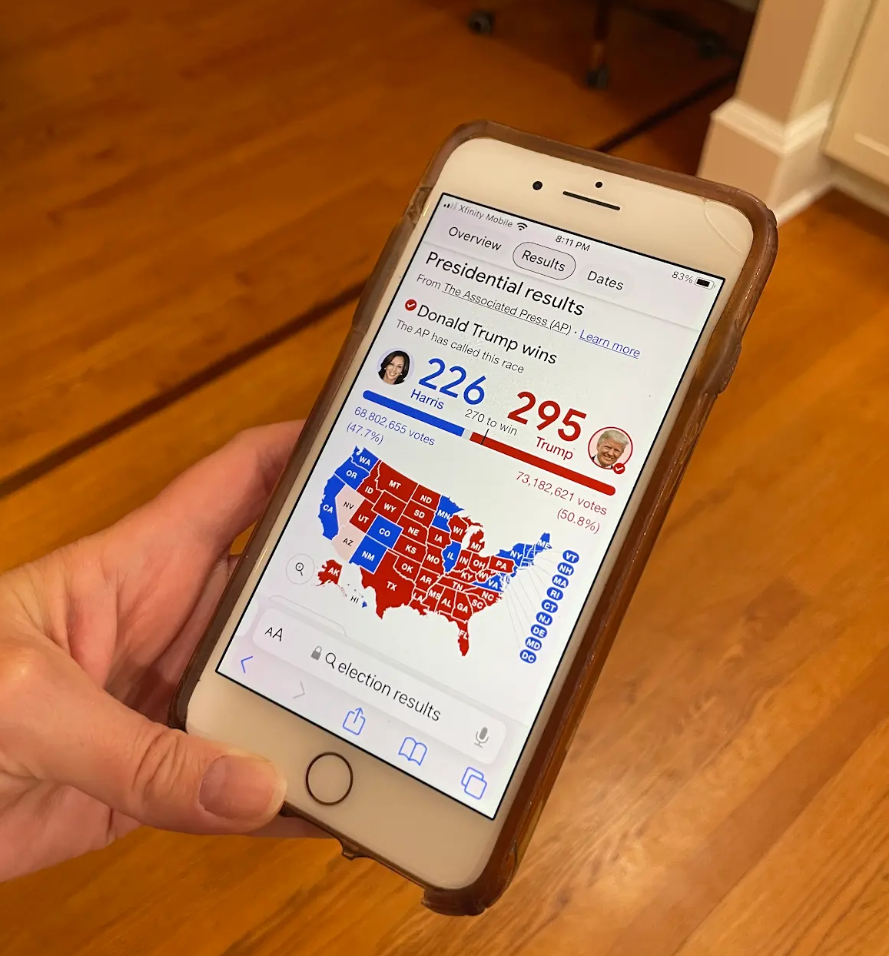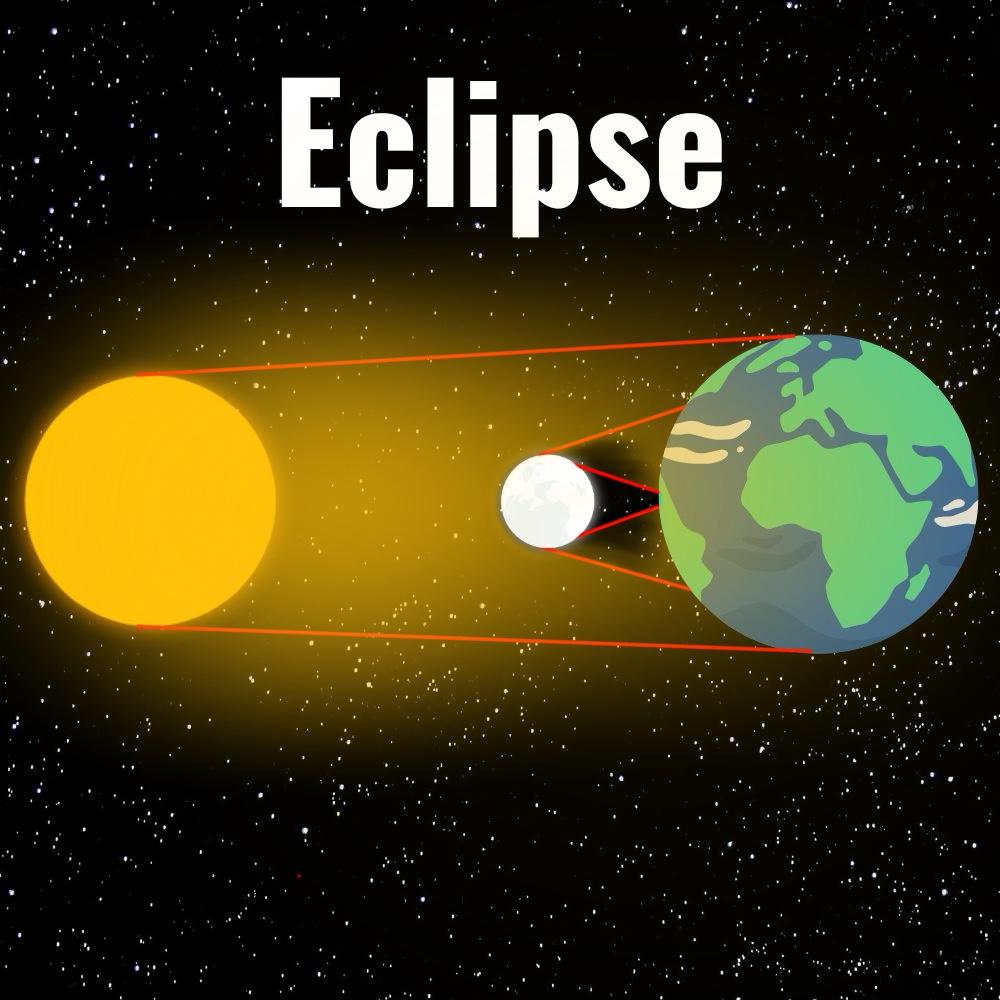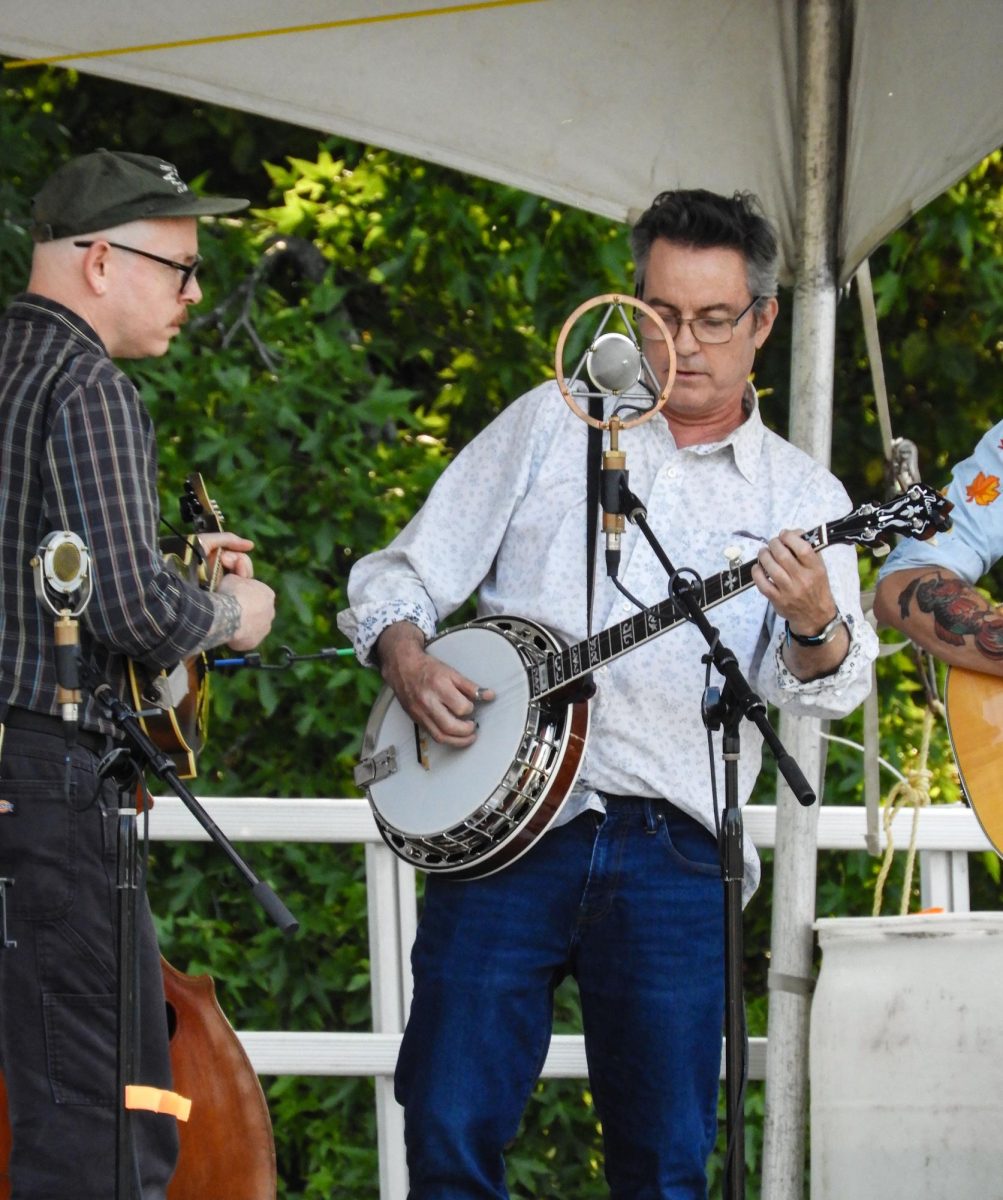
Photograph by Fred Schilling, Supreme Court Curator’s Office. Ruth Bader Ginsburg sits bottom right with the rest of her colleagues.
U.S Supreme Court Justice Ruth Bader Ginsburg died on September 18, 2020, of complications from metastatic pancreatic cancer at age 87. News of her death spread quickly throughout the MFS community and many expressed their fear and anxiety over who would fill the vacant seat of the iconic defender of women’s rights and gender equality.
“I was devastated to hear the news of her passing,” said Shay O’Connor ’23. “She was an icon for so many Americans. It was a book about the Notorious RBG movement that got me interested in learning more about the Supreme Court. She fought for equality under the law until the very end.”
Shelby Deibler ’20, a recent MFS alum, commented on Justice Ginsburg’s legacy.
“Justice Ginsburg was a progressive advocate for gender equality and forged the path for significant political and social movements in our country. She believed in not only social gender equality, but she also had the intuition and knowledge that led her to fight for constitutional gender equality. RBG is and forever will be an incalculable loss to our country because of her unwavering patriotism and brilliant legal mind. I’m devastated by the loss, as I worry what the effects of her death will be. It’s so shameful that we can’t just mourn the loss of a great American hero, but instead, are left with nothing but worry for the future of our democracy and women’s rights. We can honor her legacy by voting and volunteering at the polls this November. Plan your vote.”
The passing of Justice Ruth Bader Ginsburg is a tremendous loss to our country. She was an extraordinary champion of justice and equal rights, and will be remembered as one of the great justices in modern American history.
— Bernie Sanders (@BernieSanders) September 19, 2020
Justice Ginsburg was appointed to the Supreme Court in 1993 by President Bill Clinton. Ginsburg served on the Supreme Court for 27 years. She was the second woman and first Jewish person to be appointed to the court. She helped launch the Women’s Rights Project under the ACLU. In 2013 Justice Ginsburg was nicknamed “The Notorious RBG,” a play on the name of famous rapper “The Notorious Big.” The moniker was given to her by NYU Law Student, Shana Knizhnik, on her blog dedicated to Ginsburg. She was the most senior member out of the court’s liberal justices.
Justice Ruth Bader Ginsburg was a credit to the Court.
I disagreed with many of her decisions but they were all well reasoned and well argued.
She was a close friend of her ideological opposite, Justice Scalia.
They both loved opera, law and the U.S.A.
May She Rest In Peace
— Rudy W. Giuliani (@RudyGiuliani) September 18, 2020
Justice Ginsburg’s death opens her seat on the Supreme Court and leaves many wondering if President Trump will fill it before the election. Senate Majority Leader Mitch McConnell stated that the Senate will vote on Donald Trump’s nominee to replace Ruth Bader Ginsburg and not wait for the end of the election year; however, in 2016 McConnell blocked former President Barack Obama’s nominee for the Supreme Court because it was an election year.
This drew outrage from the Democrats, who say that the Senate should wait till January to vote on a nominee, after the election year when control of the White House could shift.
WordsWorth also reached out to former MFS history teacher Eliza McFeely for comment.
During her time with MFS, McFeely taught U.S. and World History along with Women and Minority History. She led her classes by questioning the orthodox teaching of history, highlighting the disenfranchised and forgotten change makers. McFeely was also the advisor to Gender Equality Forum and the Girl Up Club. She had this to say:
“Like many, I am devastated. First, let me celebrate a truly (s)heroic life. RBG fought the good fight for decades, in the face of ridiculous odds. She lived a long life, and did much to make our country a better place. So much has rested on her shoulders these past few years. She deserves the rest she has earned.
What will happen next, I don’t know. As amazing as she was, she couldn’t save us by herself . . . We are at a crisis point. As a historian, I am hoping it is what we often call an inflection point, a moment when we could go in either direction.
This moment scares me. I hope Americans decide to remember the promise made in the Declaration of Independence, even if its author reneged on it. I hope the students I have taught at MFS remember and honor that promise. It is all we have.”












